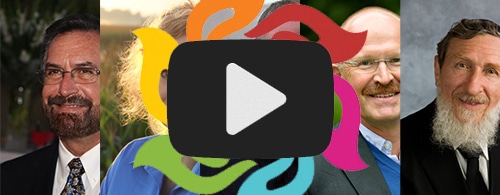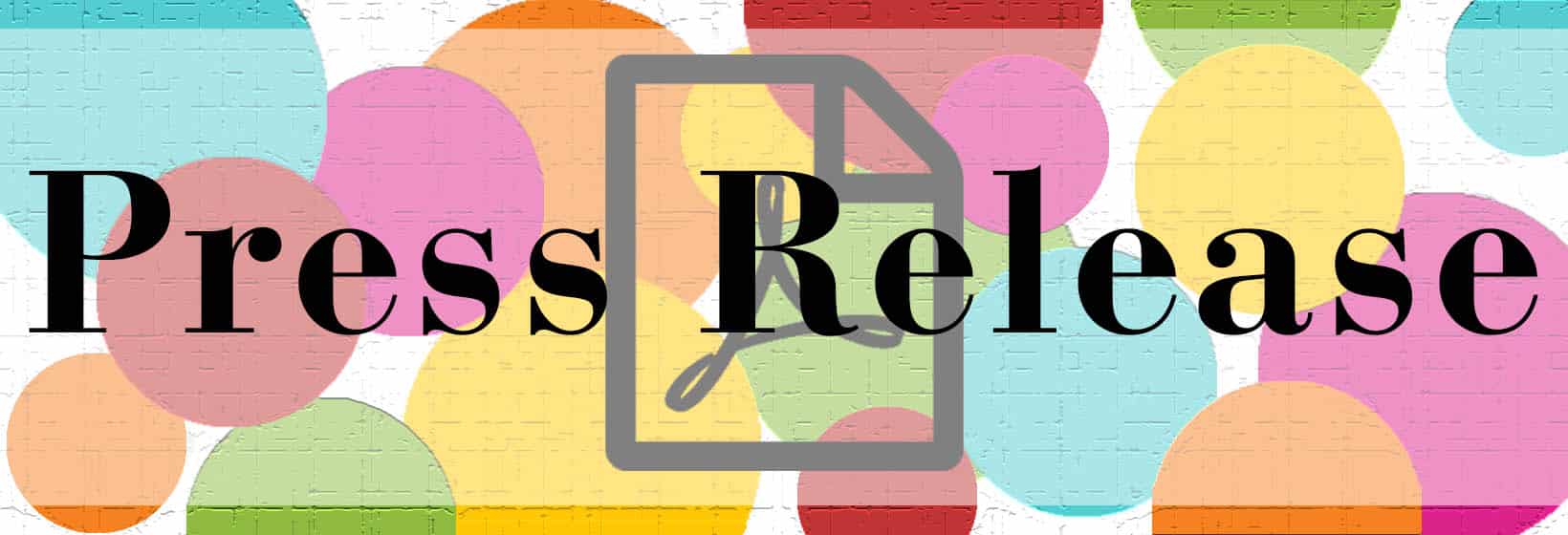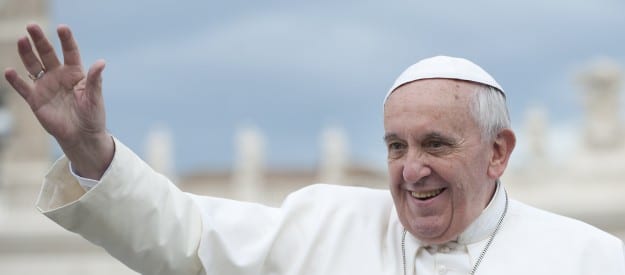Pope Francis, 21st Century Leader & Defender of God’s Creation
By Nick Breeze for the Faith and Science Earth Alliance
As we await the new encyclical being timed for release ahead of the UN climate talks in Paris this coming Autumn, Pope Francis displays incredible leadership qualities that give hope to many within and beyond the boundaries of the Roman Church.
 Pope Francis is attracting the attention of the world press for his outspoken and critical rhetoric on two important but related subjects. The first is how humanity is contributing and responding to climate change and the second is the global financial system, which is also the underlying driver of environmental destruction. His message is clear, so clear in fact that he is ruffling feathers and making the words of so many politicians look rather empty. In the US, conservatives are confused. The chief economist from The Heritage Foundation, a right-wing think tank, branded Pope Francis a “complete disaster when it comes to his public policy pronouncements,” They say the Pope is wrong to talk about economics and climate change, and certainly should not be publishing a new encyclical on the environment, aimed specifically to create action on tackling global warming from the grassroots upwards.
Pope Francis is attracting the attention of the world press for his outspoken and critical rhetoric on two important but related subjects. The first is how humanity is contributing and responding to climate change and the second is the global financial system, which is also the underlying driver of environmental destruction. His message is clear, so clear in fact that he is ruffling feathers and making the words of so many politicians look rather empty. In the US, conservatives are confused. The chief economist from The Heritage Foundation, a right-wing think tank, branded Pope Francis a “complete disaster when it comes to his public policy pronouncements,” They say the Pope is wrong to talk about economics and climate change, and certainly should not be publishing a new encyclical on the environment, aimed specifically to create action on tackling global warming from the grassroots upwards.
Leaders on World Stage
When President Barack Obama visited Pope Francis at the Vatican in March 2014 he acknowledged the Pope as an equal, a “Global Leader” which, with a flock of over 1.2 billion, he most certainly is. One could argue that the relevance of Vatican policy beyond the boundaries of Roman Catholicism is limited. In recent years, the most debated subjects that have come from the Vatican have been gender related and much to do with tackling world poverty. But Pope Francis has expanded this agenda . His discourse is proving to be dynamite. But why?
Firstly, the Pope is discussing an issue that most political leaders simply will not mention with any certainty. President Obama has broken the mould in this respect but he is still hamstrung by losing control of the House of Representatives and the Senate where Republicans hold a majority. In Britain, Prime Minister Cameron speaks a double game on issues like climate change, largely out of fear of upsetting the various lobby groups and financial backers to his party. The vested interests that make most of our western world leaders hesitant simply do not hinder Pope Francis. He speaks out and is heard.
I spoke to one British climate scientist who was asked to attend the Vatican to brief cardinals on the extreme climate impacts that are occurring right now in the Arctic with global ramifications. He said that almost unseen, the Pope himself entered the breakfast briefing and sat quietly at the back listening. I know myself from hearing this same briefing that once heard, it is not something that can be forgotten. It is too serious, with implications that will gravely affect our civilisation and be irreversible for millennia. So with that in mind, I cannot see any reason why the leader of the largest Christian Church in the world would not use every bit of the power vested in him to address the most serious of issues that we face.
COP20 Climate Talks In Lima
At the recent COP20 in Lima, many faith groups joined forces to highlight the seriousness of climate changes that are a great risk to all people and especially those most vulnerable and who are on the front line (who are also most likely to be the poorest).
These discussions often raise the question of the relationship between humanity and the environment. One view that has gained a great deal of philosophical traction is that the natural world is the Creation of God and therefore it must be treated with the respect that is due for anything created by our Lord. For instance, one could consider whether it is right to give so much value to a painting by Rembrandt and in the next breath destroy large swathes of rainforests, which we now know, play an enormous role in sustaining a liveable planet. Humanity has dominated the earth in so many ways but often has had little regard for the natural environment. We now know that to destroy ecology is to destroy ourselves. Therefore, the Creation as we define it, encompasses us and all living creatures.

Scott participated in numerous press briefings at the COP and his main subject was the risk of large-scale releases in the Arctic of the super potent greenhouse gas, methane. These threats are now known to be increasing, as the Arctic is warming at such a fast rate, the thawing seabed that traps billions of tonnes of highly pressurised frozen gas is starting to escape. Even a 1% release would dwarf the current concentration of atmospheric methane and cause a spike in global temperatures, significantly accelerating the heating of ice sheets, in turn leading to sea-level rise and a complete collapse of global agriculture. These threats are among many others but they set the scene of what climate change impacts look like if not tackled with the greatest urgency.
Ecology and Economics
Scott’s presentation shares many similarities with what Pope Francis has himself been alluding to; namely that the current economic model, based on continual growth, assumes that the Earth’s raw materials, upon which we base the drivers of economic output, are infinite. Even most teenagers these days know that natural resources such as coal, oil and gas, are not infinite and at the rate of current consumption, are dangerously unsustainable. This is counter to the economic imperatives that our global system is run on. It means that we must consume in order to sustain our economies.
Yet, God’s creation was not designed to be infinitely exploited. As part of the life system on this planet, it is complex, beautiful, responsive and should be respected. The level of intelligence that humanity has been blessed with is being held back by this outdated economic framework.
Scott argues that it is time for change, time for us to add ‘Ecology’ to the economic models so that we get a truer reading of the availability of global resources and the degree to which they can be put to use. It is only in this way that we can endeavour to become truly sustainable and in harmony with God’s creation.
Whatever the Pope and his advisers have to say in the much awaited encyclical due out this summer, it will be significant and timely. The UN climate talks in Paris at the end of the year are likely the last chance we will have to stave off the most destructive climate change impacts. Pope Francis’s stand on climate change makes him a leader above all others; a man of his time with a message that is resonating right through Christianity and far beyond.
We should pray for Pope Francis and those people, such as stuart Scott, who are standing up and speaking the words that those in the halls of power are often reluctant to say. News of the Holy Father’s encyclical has already created angst among many who prefer to profit at the expense of the natural world. However, it will be all of our efforts that will create the momentum for changes much needed to guard the sanctity of God’s Creation, of which we are a part.
Nick Breeze is a writer and filmmaker in the area of climate change and writes for Envisionation and The Ecologist. He is also the Media Director of the FSEA.






